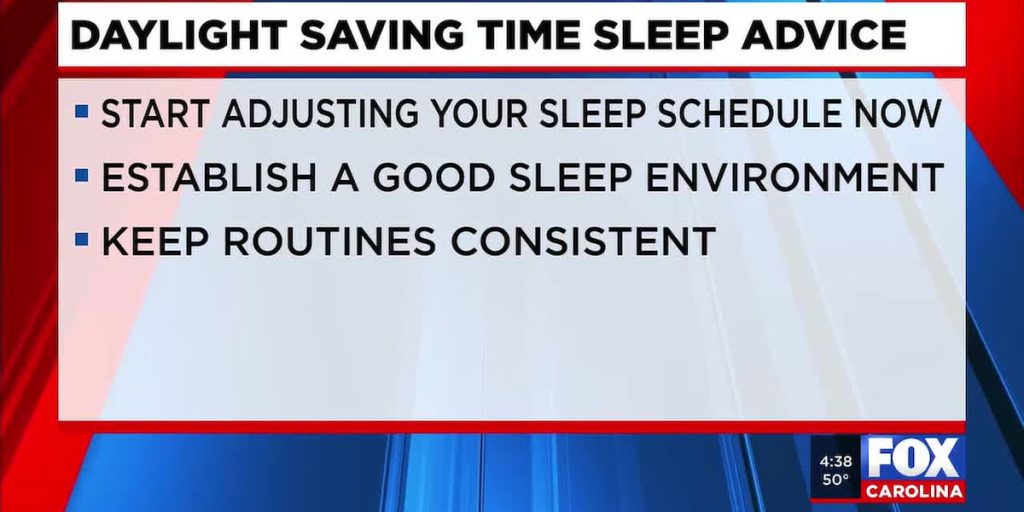Listen to the article
In the days following the recent switch to daylight saving time, sleep medicine specialists are addressing widespread public confusion about the health impacts of the biannual time change.
Dr. Robert Oexman, a renowned sleep medicine expert, has been clarifying misconceptions through media appearances and public statements. He emphasized that while the one-hour shift may seem minor, its effects on human health can be significant and measurable.
“The body’s circadian rhythm—our internal clock—doesn’t immediately adjust to the artificial time change,” Dr. Oexman explained in a recent interview. “This disruption affects sleep patterns, alertness, and even hormone production, which can have cascading effects on overall health.”
Research has consistently shown that the days following time changes, particularly the spring forward transition, correlate with increased rates of workplace accidents, traffic incidents, and even heart attacks. A study published in the Journal of Clinical Sleep Medicine found a 24% increase in heart attacks on the Monday following the spring time change compared to other Mondays throughout the year.
The sleep disruption occurs because the body’s internal clock operates on approximately a 24-hour cycle influenced primarily by light exposure. When clocks shift artificially, most people experience a mismatch between their biological timing and social timing.
“It’s essentially a mild form of jet lag,” noted Dr. Oexman. “But unlike travel-related jet lag where you eventually adapt to a new time zone, with daylight saving, many people never fully adjust before we change the clocks again.”
Health experts have identified several specific consequences of the time change. In addition to sleep disturbances, they include increased stress hormones, reduced cognitive function, decreased productivity, and mood disturbances. Vulnerable populations, including children, the elderly, and those with existing sleep disorders, often experience more pronounced effects.
The biannual time shift has become increasingly controversial, with numerous states seeking legislation to eliminate the practice. Currently, Hawaii and most of Arizona do not observe daylight saving time, maintaining standard time throughout the year. More than 30 other states have introduced bills to end the clock changes, though federal law would need to change before these measures could take effect.
The American Academy of Sleep Medicine has officially advocated for eliminating seasonal time changes in favor of a permanent standard time. Their position statement, supported by research from multiple medical disciplines, argues that standard time better aligns with human biology.
“Our bodies function optimally when our internal clocks align with the sun’s natural patterns,” said Dr. Oexman. “Permanent standard time would provide more morning light during winter months when people, especially children heading to school, need it most for alertness and safety.”
For those currently struggling with the time change, sleep experts recommend several strategies to ease the transition. These include maintaining consistent sleep and wake times, limiting caffeine and alcohol, avoiding electronic screens before bedtime, and getting exposure to natural light during daytime hours.
Some sleep medicine practitioners also suggest a gradual adjustment approach, shifting bedtimes by 15-20 minutes over several days before the time change occurs.
The public health implications extend beyond individual sleep quality. Economists have estimated that the spring time change costs the U.S. economy billions annually in lost productivity, healthcare costs, and accident-related expenses.
As debate continues over the future of daylight saving time, sleep specialists emphasize that maintaining good sleep hygiene year-round remains crucial for health. Recommended practices include keeping a consistent sleep schedule, creating a comfortable sleep environment, limiting screen time before bed, and prioritizing 7-9 hours of sleep nightly for adults.
“Regardless of whether we continue with time changes or adopt a permanent time standard,” Dr. Oexman concluded, “understanding how our bodies respond to these shifts can help us make better decisions about our sleep health, which affects virtually every aspect of our physical and mental wellbeing.”
Fact Checker
Verify the accuracy of this article using The Disinformation Commission analysis and real-time sources.




10 Comments
I appreciate the doctor providing clear explanations on how the circadian rhythm is affected by the time change. The effects on hormone production and overall health are important to understand.
Agreed. It’s helpful to have experts like Dr. Oexman educate the public on these issues. The health risks associated with daylight saving time are often underestimated.
Daylight saving time has long been a controversial practice, and this new research on its health impacts adds an important dimension to the debate. It’s clear we need to take a closer look at the costs and benefits.
Fascinating insights from the sleep expert on the health impacts of daylight saving time shifts. The disruption to our body clocks can have some serious downstream effects that are often overlooked.
Yes, the statistics on increased accidents and heart attacks are quite concerning. It’s a good reminder that these biannual time changes are not as trivial as they may seem.
The data showing spikes in accidents and heart attacks around the time changes is quite alarming. It really underscores the need to reevaluate the practice of daylight saving time.
Absolutely. With the health impacts being so significant, perhaps it’s time to reconsider whether daylight saving time is still serving a useful purpose.
This is an important issue that impacts public health in tangible ways. I’m glad to see experts like Dr. Oexman bringing attention to the real risks of daylight saving time shifts.
The correlation between time changes and increased health issues is quite concerning. It’s crucial that the public is made aware of these risks, as many may not realize the full extent of the problem.
Agreed. Raising awareness through media appearances and public statements is a great way for experts to help educate people on this topic.